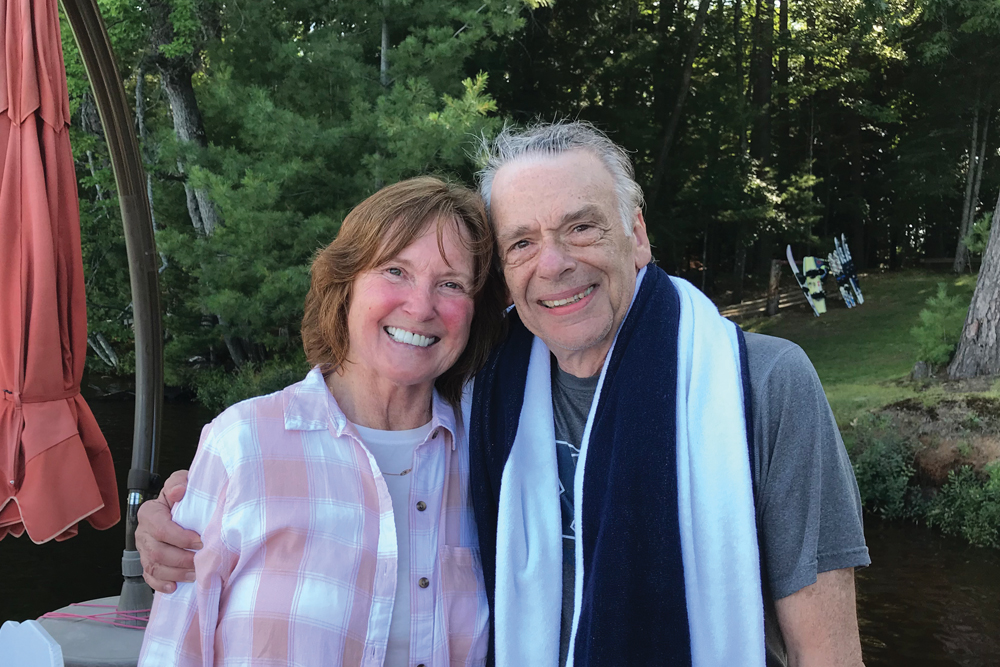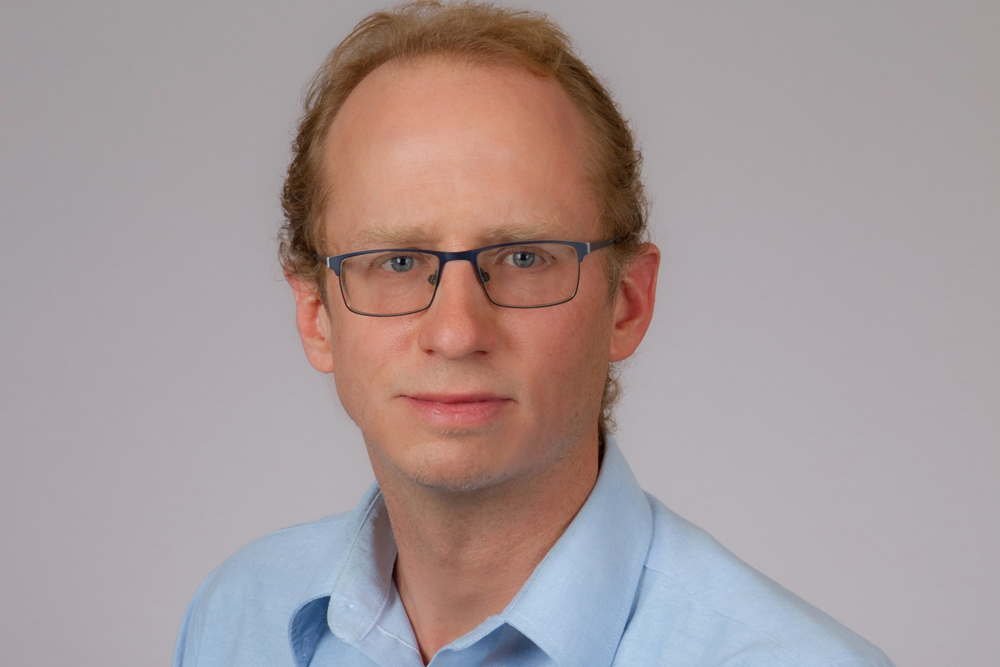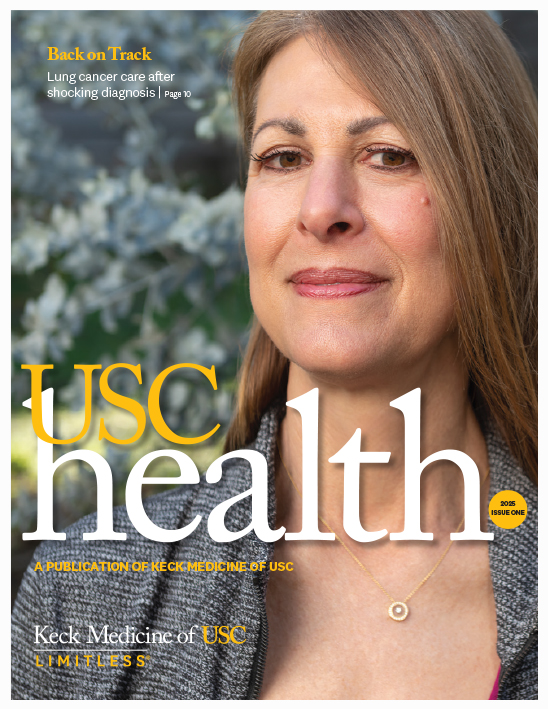
A hearing aid and a cochlear implant helped actor and singer Sandy Blake after she lost hearing in both ears, but she struggled to hear music correctly. New research at the Keck School of Medicine of USC aims to fix that.
For actor and singer Sandy Blake, gradually losing her hearing in both ears by 2017 was a devastating blow to her sense of self.
She found relief after receiving a hearing aid for her left ear and a cochlear implant for her right ear, but there was still a problem.
“Music was garbled up,” she says. “I’m a pianist, so I would sit down at the piano and I played my sonatinas. I know them backwards and forwards; I’ve been playing them for years. They didn’t sound right. They didn’t sound in tune, especially in the upper octaves.”
As part of her rehabilitation, Sandy joined a support group for cochlear implant users.
While there, she noticed a flyer from Raymond Goldsworthy, PhD, an associate professor of research otolaryngology – head and neck surgery with the Keck School of Medicine of USC. He was looking for study participants.

Helping cochlear implant patients hear the music
For years, Dr. Goldsworthy has been on a personal mission.
At 13, he became one of the first children in America to receive a cochlear implant after a case of spinal meningitis left him deaf. He had been a lifelong music lover and even played the drums.
While the implant restored his ability to hear and understand speech, music was now garbled for him just as it would be for Sandy.
Now, Dr. Goldsworthy is working to enhance cochlear implants to make music accessible again.
His work involves making adjustments to implants in his lab, along with special training and rehabilitation exercises for cochlear implant-reliant volunteers.
The volunteers also meet weekly to play, listen to and discuss their perceptions of music.
Since joining the study, Sandy has diligently practiced the rehabilitation exercises, taken hearing tests and gathered helpful tips from fellow study participants in their weekly music appreciation group.
“It has been wonderful,” she says. “I get to work with music in a different way. I get to help train my brain to hear music, to recognize music from the electrodes in the processor. I might be able to listen to a symphony and recognize it again. So for me, there’s great hope in that.”
Topics


